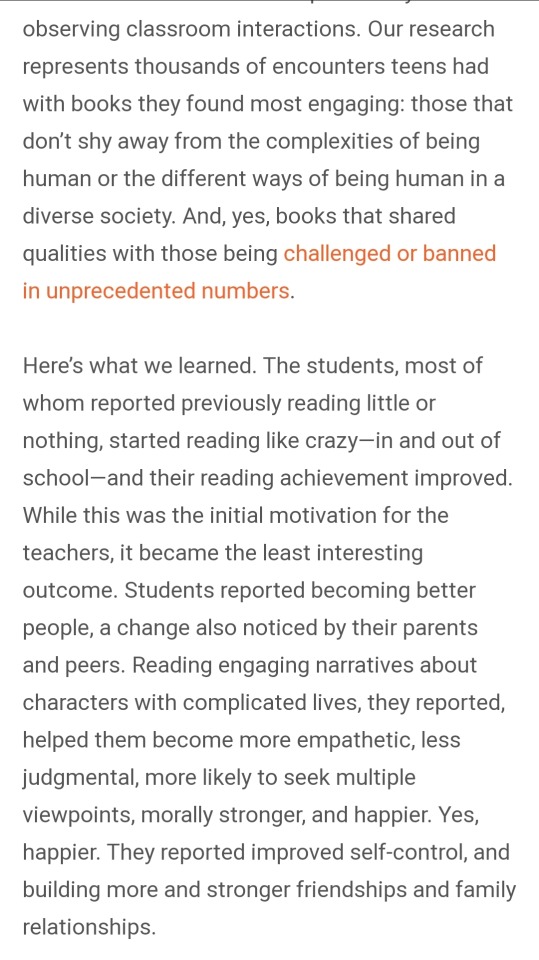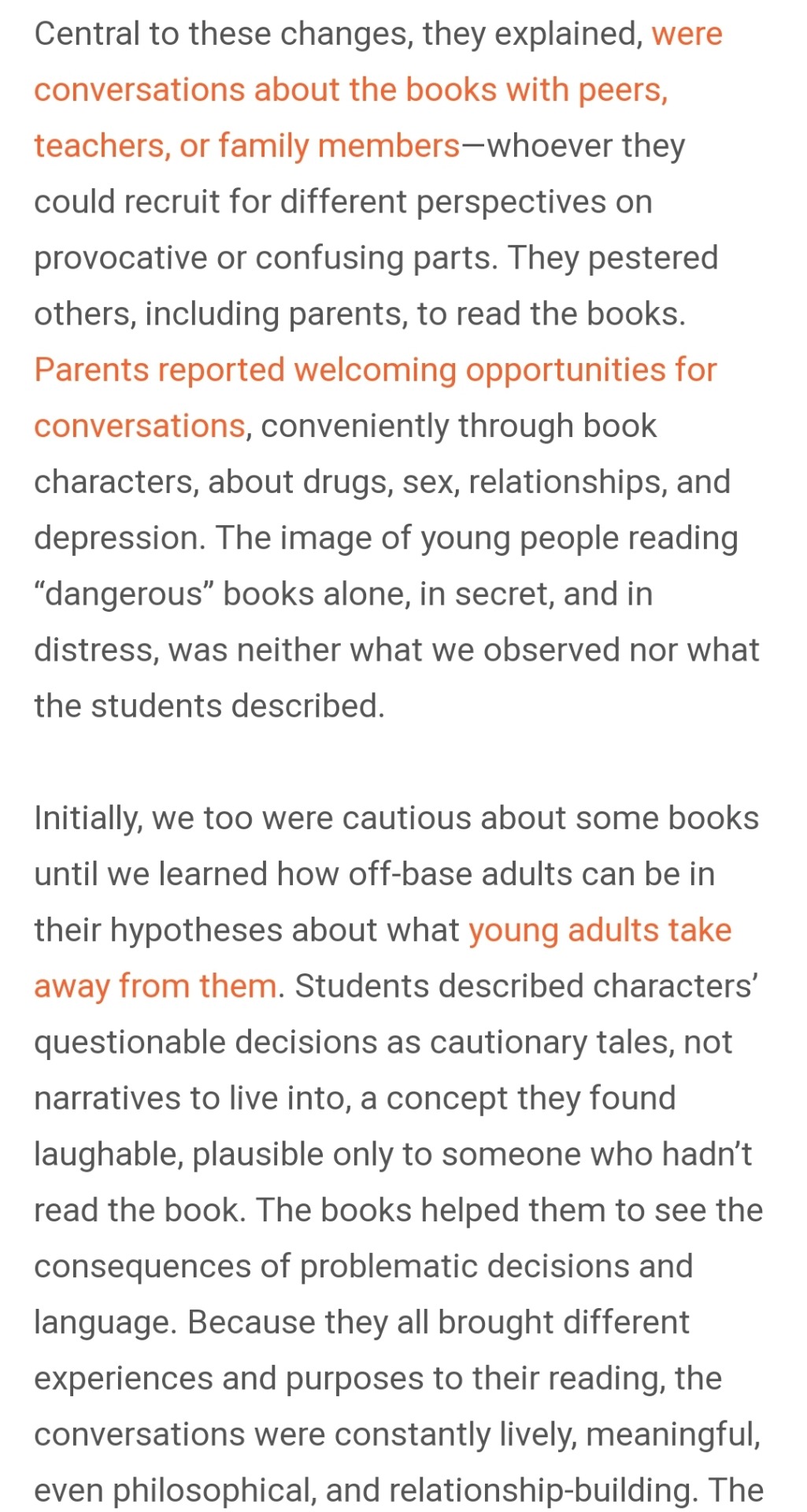Can I interest you in all of the fandoms all of the time? I'm a mess and that's alright. I'm queer, autistic, and pagan.
Don't wanna be here? Send us removal request.
Text

86K notes
·
View notes
Text







sorry for not posting this sooner!! maryis comic based on march's in-game dialogue... btw i post a bunch of maryis content on @/maryismaxxing on twt!! :3
708 notes
·
View notes
Text



16K notes
·
View notes
Text
i heard ratio is showing up in the next bartender event, i want that guy to get pathetically drunk

he'd recite the periodic table unprompted while slurring all the words in this state
4K notes
·
View notes
Text

И снова эта прекрасная пара, не перестаю любить их даже спустя месяцы🥹❤️
10K notes
·
View notes
Text
Oh and I want to fight all the Gen Z kids who are like ‘teehee, we’ll just do lavender marriages instead!’ Some of us are adults who want equal rights and protections under the law of our land.
53K notes
·
View notes
Text








Godzilla, Hiroshima, and Nagasaki
Ishiro Honda: A Life in Film, from Godzilla to Kurosawa by Steve Ryfle and Ed Godziszewski (2017)
Godzilla (1954), directed by Ishiro Honda
Director R.J. Kizer on a shot cut from Godzilla 1985 (1985), the American version of The Return of Godzilla (1984), in a 2021 interview by Brett Homenick
Godzilla vs. King Ghidorah (1991), directed by Kazuki Omori
Final line of Doctor Honda's speech about the aftermath of the Hiroshima atomic bombing in the June 20, 2012 draft of Godzilla (2014), written by Max Borenstein and removed from the film at the behest of the U.S. Department of Defense
Shin Godzilla (2016), directed by Hideaki Anno and Shinji Higuchi
Subtitle file for GODZILLA: The Planet Eater (2018), written by Gen Urobuchi
Godzilla Minus One/Minus Color (2024), directed by Takashi Yamazaki
#godzilla#godzilla 1954#the return of godzilla#godzilla vs. king ghidorah#ishiro honda#godzilla 2014#shin godzilla#godzilla the planet eater#godzilla minus one#the 70th
390 notes
·
View notes
Text

💕💕💕
625 notes
·
View notes
Text

A Kakavasha-centric redesign of Aventurine
Some details about the design are below the cut!!
First of all, THE BIGGEST THANKS TO @alkiyon FOR THE SUGGESTION 🩷🩷🩷
I also wanted to pull away from a lot of the gambling motifs and lean further into what he might look like if he had the chance to embrace his heritage a bit more. You see this in the embroidery and on the sole of his shoes with the eyes (a reference to the prayer ' may the mother Goddess close her eyes thrice for you')
...anyway, I really wanted to lean into Roma clothing for this piece but I know almost nothing about their garments. During the initial research I found that it is rather hard to find decent references for male Romani clothing no less the nuance of different groups of Romani cultures. This is where The Opre Roma Project was a huge help. They have some incredible sources of information and served as a very large part of my inspiration and, really, was the road map for where I went. I only hope that some of that inspiration came through well enough.
Sorry for the long ramblings but this was such a fun little rabbit hole to go down and put together that I wanted to share what that process looked like.
471 notes
·
View notes
Text


Aventurine's birthday art back in May
284 notes
·
View notes
Text
male gaze is not 'when person look sexy' or 'when misogynist make film'
death of the author is not 'miku wrote this'
I don't think you have to read either essay to grasp the basic concepts
death of the author means that once a work is complete, what the author believes it to mean is irrelevant to critical analysis of what's in the text. it means when analysing the meaning of a text you prioritise reader interpretation above author intention, and that an interpretation can hold valid meaning even if it's utterly unintentional on the part of the person who created the thing. it doesn't mean 'i can ignore that the person who made this is a bigot' - it may in fact often mean 'this piece of art holds a lot of bigoted meanings that the author probably wasn't intentionally trying to convey but did anyway, and it's worth addressing that on its own terms regardless of whether the author recognises it's there.' it's important to understand because most artists are not consciously and vocally aware of all the possible meanings of their art, and because art is communal and interpretive. and because what somebody thinks they mean, what you think somebody means, and what a text is saying to you are three entirely different things and it's important to be able to tell the difference.
male gaze is a cinematographic theory on how films construct subjectivity (ie who you identify with and who you look at). it argues that film language assumes that the watcher is a (cis straight white hegemonically normative) man, and treats men as relatable subjects and women as unknowable objects - men as people with interior lives and women as things to be looked at or interacted with but not related to. this includes sexual objectification and voyeurism, but it doesn't mean 'finding a lady sexy' or 'looking with a sexual lens', it means the ways in which visual languages strip women of interiority and encourage us to understand only men as relatable people. it's important to understand this because not all related gaze theories are sexual in nature and if you can't get a grip on male gaze beyond 'sexual imagery', you're really going to struggle with concepts of white or abled or cis subjectivities.
111K notes
·
View notes
Text













I posted this comic on AO3, so for those who has seen it, congrats, this one is just without the dialogues. because i cringed at them so bad. also idk how to use tumblr.
649 notes
·
View notes
Text





artwork for 𝙇𝙞𝙢𝙞𝙣𝙖𝙡 𝙃𝙚𝙖𝙩 written by my beloved writer, @woshi-liu ! I LOVE LOVE LOVE their works so much you guys should check out their fics and give them much love because they deserve it! the fic itself is E rated so please beware!
⸜(。˃ ᵕ ˂ )⸝♡
643 notes
·
View notes
Text
The Matriarch Isn’t the Villain. She’s the Mirror

I often hear a discourse where Celine in K-pop Demon Hunters, Alma in Encanto and Ming in Turning Red are seen as vilains. They’re the ones who restricted the younger generation, hurt them, and are ultimately responsible for their pain, trauma and self-doubt. They’re framed as the real villains of the story. But I’d like to differ.
These are stories of intergenerational trauma. They are women who survived, repressed, and tried to protect their families the only way they knew how: through control, perfectionism, and emotional suppression.

And yet, when the next generation begins to reclaim joy, freedom, softness — they become the obstacle. Not because they’re bad people, but because they’re scarred. Their minds cling to survival strategies, unable to recognize that the environment has changed.
Alma is still stuck fleeing the colonizers.
Ming is still afraid of her true self.
Celine believes that fear and mistakes must be hidden.
It’s not about hating these characters. It’s about how unprocessed trauma twists love into control. How survival, unexamined, turns into rigidity. These women were never given space to process their own pain and they project it onto their daughters and granddaughters.

And here’s something we rarely say enough: intergenerational trauma can create toxic patterns but that doesn’t always mean there was abuse or conscious harm. Even when their love becomes suffocating or controlling, these women are not necessarily “abusive parents.” They are daughters of silence, fear, and sacrifice. And they were never taught another way. It’s important to make that distinction, especially in a world that often pushes a binary, punitive reading of family dynamics.
They’re the product of a generation that was told to endure. But endurance without healing becomes its own kind of violence.

What’s powerful in these stories is that they don’t end in vengeance. They end in confrontation and transformation. The confrontation is necessary: the younger generation refuses the silence. Refuses the shame. Refuses to carry a burden that wasn’t theirs to begin with.
The house is destroyed in Encanto.
Mei accepts her full self.
So does Rumi.
And in the best cases, this confrontation allows the elder to soften too. Alma opens up. Ming listens. And I’m hoping in the sequel, Celine will open too.

Maybe that’s also why these stories speak so deeply to POC audiences. These aren’t stories about cutting ties. They’re stories about how hard it is to transform them, to protect ancestral bonds while refusing to perpetuate inherited pain. In many racialized families, collectivity, loyalty, and intergenerational duty are sacred... even when they come at the cost of personal boundaries.
And sometimes, Western individualist frameworks read these tensions as dysfunction or villainy. But for us, they’re just the difficult truth of growing up and trying to do better.
These women aren’t villains. That would be too easy. They embody the fragile, necessary work of bringing change without breaking the thread. These stories are about refusing to inherit their pain without reflection. Because love, without accountability, is not enough.
These stories show us that each generation has something to learn from the next. And the new generation must also break free from the chains they inherited while preserving what is meaningfull.

But it’s not just their story.
One day, we’ll be the older generation.
And we’ll need to be humble enough to learn from the ones after us.
So don’t be a fool.
We may be Mei, Rumi, or Mirabel today.
But tomorrow, we could be Ming, Celine, or Alma.
And when that time comes, we’ll realize how hard it is to unlearn what once kept us safe.
So let’s have compassion for all these characters.
Because these stories show us not just how the cycle of generations works, but how it can make us better, stronger, and more connected... if we’re all willing to go through the change.
∘₊✧──────✧──────✧₊∘
If you’re curious, I’ve written more on K-pop Demon Hunters:
A post on the mental health themes woven through the songs — right here.
A breakdown of Celine-Rumi in comparaison to Gothel–Rapunzel dynamic — here.
An analysis about Rumi, Jinu, and the danger of sinking together — here.
Some book recs for each of the K-pop Demon Hunters characters — here.
#kpop demon hunters#movies and shows#encanto#turning red#generational trauma#matriarchy#mother daughter relationship#intergenerational healing#essays#love this
19K notes
·
View notes
Text




decades
2K notes
·
View notes
Text


54K notes
·
View notes


